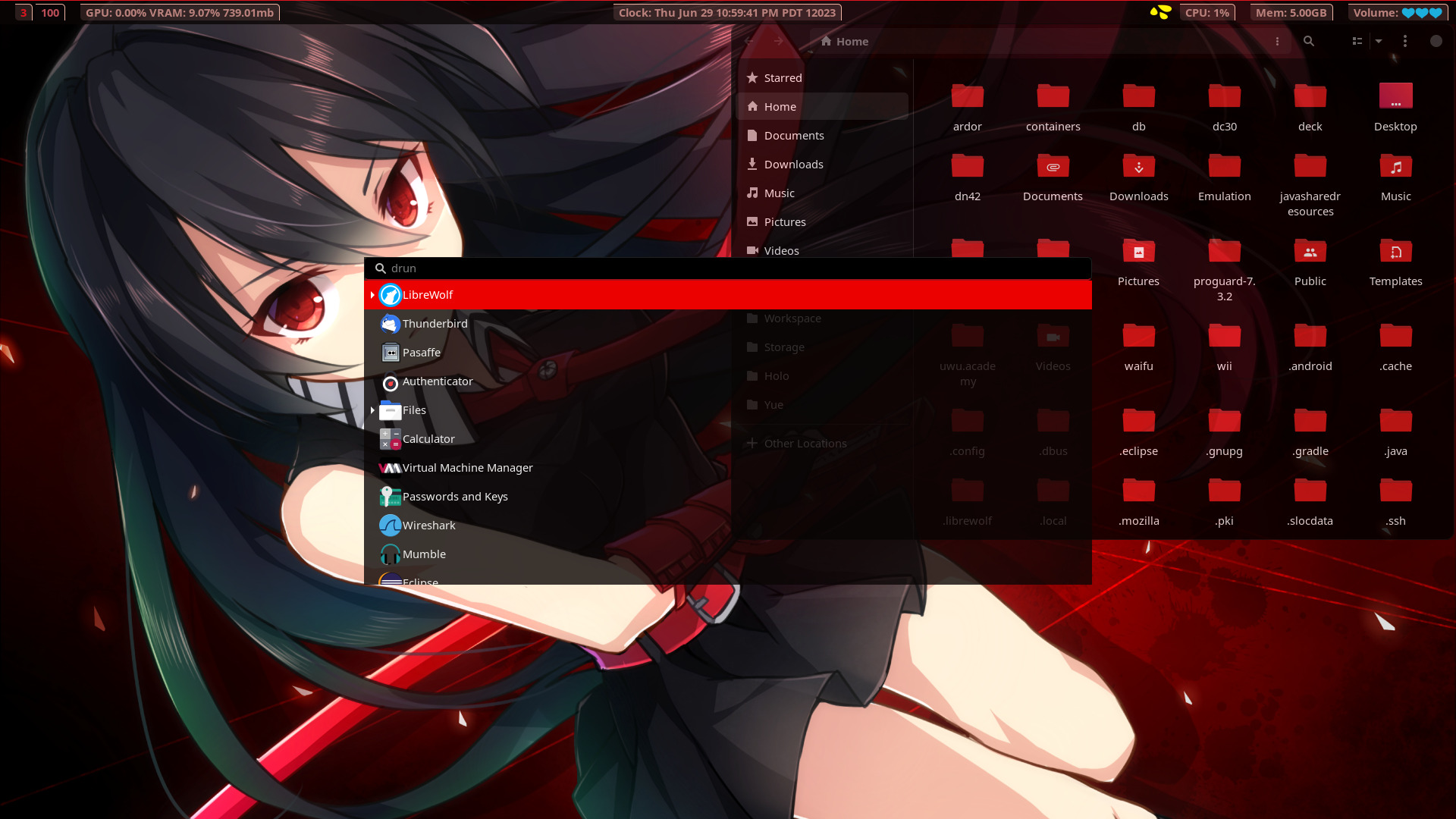Maybe I'm in the minority here but at least the communities I'm in, I usually only see one post and it's from this account. Like no one else has posted this in any community I'm subscribed to so I don't see it as spam at all. I will say the account posts a lot but I never get duplicates which means the alternative would be for the community to be a lot emptier. I guess I just don't see the problem.
Scoopta
Obviously most companies will join whatever meeting invite they get sent but all the meetings they've created with me are via meet (we normally use teams)
I have had calls with SUSE sales reps because I'm in the enterprise space, can confirm they use Google meet and Google workspace in general. Still not FOSS, but not Microsoft.
I feel the same, btrfs is such a core part of my system at this point it would be hard to go anywhere else
Oh my god, the worst part is I read it the lemmy way first and didn't notice the normie meaning until I read this comment
Hi, I host a mumble server, if users are getting cert errors it is 100% the hosters fault and the error being shown to users is GOOD. Otherwise users could get man in the middled without knowing it. There is no excuse for users to get the error if the hoster is competent and has automated cert renewal setup correctly. And for the record automated cert renewal isn't much harder than it is for a website.
I feel like XMPP is under rated, I used it in the past back when matrix was super new and not really production ready. I'm now revisiting them and matrix seems highly centralized in practice even if it was designed to be federated. There aren't that many implementations and so many people use matrix.org as their homeserver. Definitely still thinking XMPP is the best option.
Mumble is great for VC tbh, doesn't really do anything else well though but I use it for VC
Register what file extension .appimage? Would that even work? Most software on Linux only uses file extensions as a hint at best and nothing at worst because magic numbers are usually preferred. Is there any file explorer that lets you register a file handler for ELFs regardless of file extension?
Yes I know, I was gonna say "shell is confused" but it just didn't feel like it had the same ring to it
Bash would be confused


That's fair, I hardly ever use all because there's just too much stuff that I'm not interested in, but I can see how having multiple accounts would get very annoying.